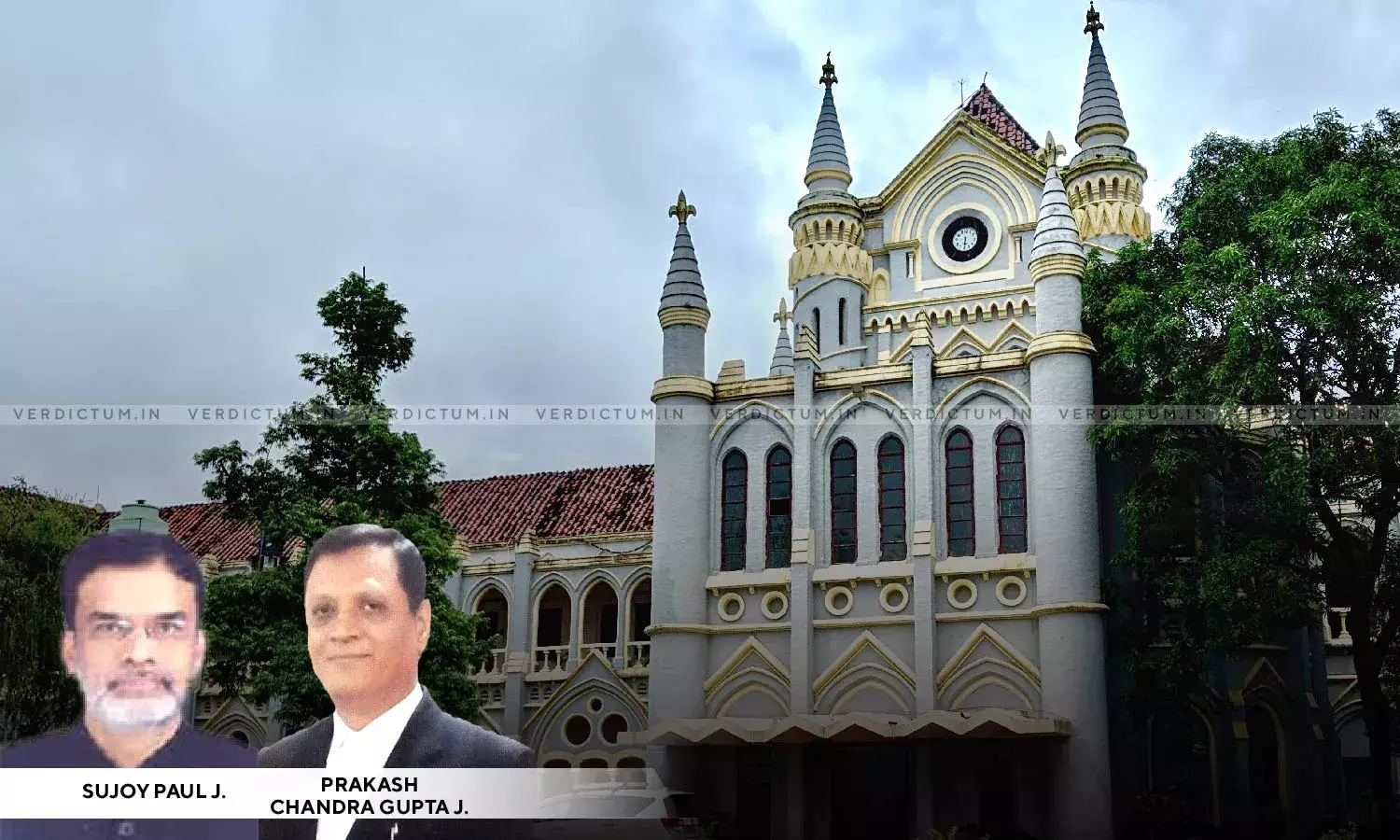Requirement Under MP Freedom Of Religion Act For Citizen Desiring Conversion To Give Declaration To DM, Prima Facie Unconstitutional: HC

The Madhya Pradesh High Court has termed Section 10 of the Madhya Pradesh Freedom of Religion Act 2021 to be prima facie unconstitutional.
Section 10 makes it obligatory for a citizen desiring conversion to give a declaration in this regard to the District Magistrate.
The bench of Justice Sujoy Paul and Justice Prakash Chandra Gupta made this observation while dealing with a bunch of pleas challenging the provisions of Madhya Pradesh Freedom of Religion Act, 2021.
The bench has directed the State, till further orders, to not prosecute adult citizens if they solemnize marriage on their own volition and to not take coercive action for violation of Section 10 of the Act of 2021.
Senior Advocate Manoj Sharma appeared for the petitioners whereas Advocate General Prashant Singh and Additional Advocate General H.S. Ruprah appeared for the State.
The petitioners had submitted that the impugned act is unconstitutional and therefore had prayed that during the pendency of these matters, the respondent/State be restrained from prosecuting anyone under the M.P. Freedom of Religion Act, 2021.
It was the common ground of counsel for the petitioners that by way of introducing present Act unbridled, uncanalized and arbitrary powers are given to the authorities.
It was also submitted that if the impugned act is permitted to stand it will not only infringe the valuable fundamental rights but will disturb the harmony of the society.
The Petitioners argued that State has no right to compel a citizen to disclose about his personal belief. It was further added that disclosure of religion or intention to change the religion may rather lead to communal tension and may endanger the life or limb of the convertee.
Sounding a contra note, Advocate General for the State submitted that the petitioners are unable to establish that the impugned Act is introduced without there being any competence for the same.
It was contended that endeavour of the Court should be to uphold the constitutionality of the enactment.
The Court observed that "There cannot be any quarrel about the limited scope of judicial review available against an enactment or a statutory provision. It is equally settled that interim relief against legislation cannot be granted on mere asking. However, there is no rule of thumb that no interim relief can be granted if a strong case is made out showing the enactment ex facie unconstitutional and also by taking into account the balance of convenience, irreparable injury and public interest."
While placing reliance upon a catena of cases, the Court observed that the Constitutional right to the freedom of religion under Article 25 has implicit within it the ability to choose a faith and the freedom to express or not express those choices to the world.
Thus the Court observed that a strong prima facie case was made out by the petitioners for grant of interim protection in relation to marriage of two adult citizens on their volition and against any coercive action for violation of Section 10 of the Act of 21.
"Section 10 makes it obligatory for a citizen desiring conversion to give a declaration in this regard to the District Magistrate which in our opinion ex facie, unconstitutional in the teeth of aforesaid judgments of this Court. Thus, till further orders, respondent shall not prosecute the adult citizens if they solemnize marriage on their own volition and shall not take coercive action for violation of Section 10 of Act of 21.", the Court held while directing the state to file its para-wise return within three weeks.
Cause Title- Writ Petition No. 6263 OF 2021 with connected matters
Click here to read/download the Order

